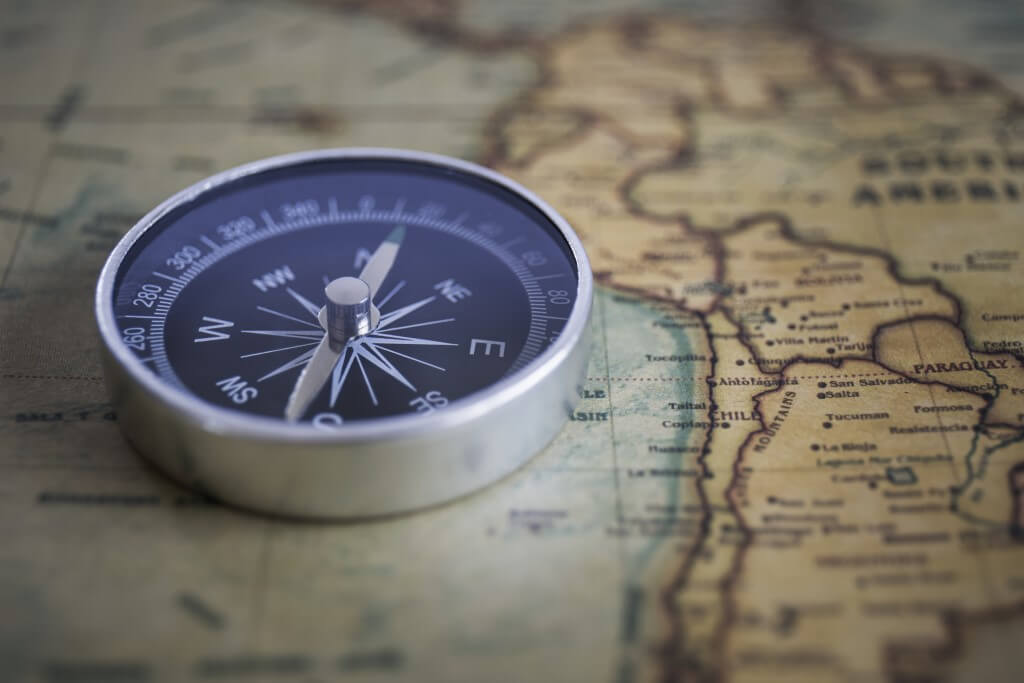- A Global Filming Guide: Do’s, Don’ts, and Must-Knows - February 14, 2024
- Low-Income Americans’ Surprising Spending Habit - December 4, 2023
- France’s Startling Act of Aggression - December 1, 2023
The United States holds a rather dubious distinction on the global stage—it has the largest prison population in the world. With approximately 2.2 million inmates, the U.S. accounts for a staggering 25% of the world’s incarcerated individuals, all while representing just 5% of the total global population. China takes second place with 1.5 million inmates, and Russia follows closely behind with 870,000 prisoners. Despite its smaller population of around 141 million, Russia’s incarceration rate is alarmingly similar to that of the United States, highlighting the severity of this issue.
It’s important to note that China, with its vast population exceeding 1.3 billion, also contends with a high incarceration rate. However, these figures underscore the significant challenge posed by the United States’ prison system.
In the vast expanse of the Pacific Ocean, the minuscule island nation of Nauru faces a unique health challenge—over 95% of its residents are overweight, making it the country with the highest obesity rate on Earth. This astonishing statistic has led to an unlikely industry flourish: the sale of “manssieres,” or brassieres for men.
The root of Nauru’s obesity epidemic lies in its history of phosphate exports and the subsequent rise in living standards during the 20th century. With newfound affluence came the introduction of Western fast food, a trend that has been a major contributor to the nation’s health crisis. However, it’s not solely fast food that’s to blame; overeating in relation to daily exercise levels plays a significant role in Nauru’s obesity problem. The responsibility ultimately falls on individuals to make healthier choices and promote well-being.
When it comes to spanning multiple time zones, France takes the top spot, covering an impressive twelve time zones when considering its various overseas territories. In second place, the United States stretches across eleven time zones, followed closely by Russia with nine. This remarkable feat showcases the global reach and influence of these nations, impacting the lives of people across the world.
The island of Guam, a U.S. territory in the western Pacific Ocean, faces a distinct challenge when it comes to road construction—there is no natural sand available. To pave their roads, Guam employs an unconventional yet resourceful approach, utilizing a blend of pulverized coral and oil. This innovative solution highlights the island’s ability to adapt to its natural environment, ensuring smooth and efficient transportation despite the lack of traditional road-building materials.
Canada boasts a remarkable natural feature—more lakes than any other country in the world, with over three million bodies of water within its borders. This astounding fact means that Canada is home to over 60% of the world’s lakes. These pristine water bodies contribute to Canada’s unique landscape and provide vital resources and recreational opportunities for its residents and visitors alike.
Libya, located in North Africa, stands out as one of the world’s driest countries, with deserts covering a staggering 99% of its landmass. In certain regions of the country, decades can pass without a single drop of precipitation. This arid landscape poses significant challenges for agriculture and water resources, making it essential for Libya to explore innovative solutions to address its water scarcity issues.
Afghanistan holds a rather unfortunate distinction—it produces a staggering 95% of the world’s opium, making it the largest opium producer globally. This illicit drug trade has significant implications for the country’s stability and security, as well as its global reputation. Tackling the issue of opium production remains a complex challenge for Afghanistan and the international community.
Russia, known for its vast landscapes and abundant natural resources, claims the title of the leading country in oxygen production. Siberia, a region within Russia, is home to approximately 25% of the world’s forests, boasting more trees per square mile than the entire continental United States. As a result, Russia plays a crucial role in converting carbon dioxide into breathable oxygen, a vital process for human survival.
In stark contrast to Russia’s lush forests, Haiti faces a severe deforestation crisis. The country has been deforested to such an extent that its border with the Dominican Republic is discernible from satellite imagery. This alarming environmental degradation has far-reaching consequences, including soil erosion, loss of biodiversity, and increased vulnerability to natural disasters. Addressing Haiti’s deforestation crisis remains a pressing challenge for environmental conservation efforts.
According to the Global Peace Index, Somalia has surpassed Iraq as the world’s least peaceful nation, marking a troubling trend. This shift in ranking is closely linked to several factors, including conflicts, instability, and food insecurity. The correlation between a nation’s peace and the availability of protein and food for its population is historically strong. Stable governance and food security play pivotal roles in mitigating conflicts, making them essential priorities for Somalia’s future stability.
Understanding Incarceration Rates
When exploring incarceration rates worldwide, it’s essential to delve deeper into the reasons behind them. Keep in mind that factors like socio-economic disparities, legal systems, and cultural differences contribute to these numbers. Take the opportunity to educate yourself about the root causes of high incarceration rates in certain countries, fostering a more comprehensive understanding of the issue.
Obesity and its underlying causes, such as lifestyle choices and environmental factors, vary from country to country. If you’re concerned about health and well-being while traveling, research the local health landscape of your destination. Consider adapting your diet and exercise routines to accommodate the specific challenges posed by your chosen location.
Time Zones
When planning international travel, time zones can be a crucial factor to consider. To minimize jet lag and optimize your travel experience, familiarize yourself with the time differences between your departure and destination points. Utilize apps and tools designed to help you adjust your internal clock accordingly.
Guam’s innovative road construction method highlights the importance of adapting to local environments. If you find yourself in a region with unique resource challenges, such as a shortage of natural materials, seek creative solutions to address construction and infrastructure needs while minimizing environmental impact.
If you’re planning a trip to Canada, make the most of its abundant lakes. Research popular lake destinations and activities, such as swimming, fishing, or kayaking, to ensure a memorable and enjoyable visit. Be prepared to respect local environmental regulations and conservation efforts.
Travelers heading to arid regions like Libya should prepare for extreme weather conditions. Prioritize hydration, sun protection, and appropriate clothing to stay safe and comfortable. Familiarize yourself with local water sources and conservation practices to contribute to responsible tourism.
Global Drug Trade Awareness
Afghanistan’s role in opium production underscores the need for awareness about the global drug trade. If you encounter regions affected by drug-related issues, consider supporting local initiatives focused on rehabilitation and community development. Your awareness and contributions can make a difference.
Recognize the critical role forests play in oxygen production, as demonstrated by Russia’s abundant woodlands. Whether you’re an environmental enthusiast or simply appreciate nature, consider participating in reforestation efforts or supporting organizations dedicated to preserving forests worldwide.
Haiti’s deforestation crisis serves as a reminder of the importance of sustainable land use. If you’re passionate about conservation, seek opportunities to volunteer or donate to organizations working to combat deforestation in affected areas. Your contributions can help restore ecosystems and improve livelihoods.
Promoting Peace and Stability
In regions facing conflicts like Somalia, understanding the link between food security and peace is essential. If you’re interested in supporting peace initiatives, explore organizations dedicated to conflict resolution and humanitarian aid. Your involvement can contribute to building safer, more stable communities.
Delve into the reasons behind incarceration rates, explore the beauty of natural wonders, and engage with global challenges. By doing so, you embark on a journey of discovery that transcends borders and boundaries. Whether your interests lie in social justice, environmental conservation, or fostering peace, your knowledge and actions can shape a more informed and compassionate world. So, continue to explore, learn, and embrace the complexities of our global landscape.

